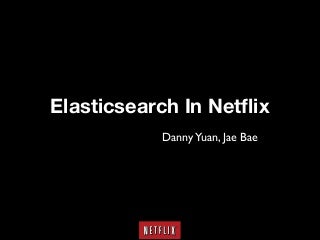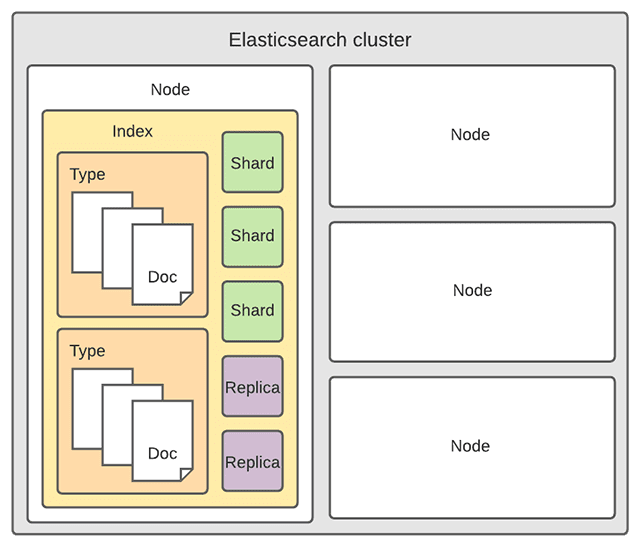

- #PDF SEARCH IN ELASTICSEARCH PDF#
- #PDF SEARCH IN ELASTICSEARCH UPDATE#
- #PDF SEARCH IN ELASTICSEARCH MANUAL#
- #PDF SEARCH IN ELASTICSEARCH CODE#
As long as this is the case, both of these integrated approaches are unlikely to provide comprehensive findability and discovery. Inaccessibility to entire document texts leaves any third-party project whose intent is to help you find stuff, without access to all the stuff, a non-starter in my view. This is also not ideal because Coda, as you may know, has not exposed the complete text of documents through its API. The other is an AI solution that uses text embeddings and completions to formulate a similar approach to CustomGPT.

It’s a lot of work to build one and it’s not ideally suited for integration into Coda. One is the inverted index, a web service that probes Coda docs nightly and builds an index using LUNR. One leans on an inverted search index (designed like ElasticSearch) and the other uses a similar approach to CustomGPT, but with Google’s new PaLM 2 LLMs.Īnd you probably thought I was all hat, no cattle! This is not my first search rodeo.Ĭould you share some more details on the two approaches you’ve designed? Two other approaches come to mind and parts of these ideas I’ve already experimented with. It’s pricey (like $100/mo) but very powerful.
#PDF SEARCH IN ELASTICSEARCH PDF#
If pervasive discover, understanding, and full utilization of PDF resources truly matter to the health and competitive posture of your business you should get a free trial account and prove this approach to yourself. Lastly, this approach has an API, so you could build a search UI, or a reporting system, or integrate it’s AI capabilities with other systems. And, as your PDFs change, just upload them and the entire system uses the latest information that actually does take seconds. That application can be embedded in any Coda document. Further, it allows you to dump all sorts of documents into a sausage grinder and out the other end comes a ChatGPT-like application. Imagine an AI process that reads your PDFs and converts all the content to plain text. I can think of three ways for businesses to overcome this issue. There are security issues, cross document sharing issues, and a variety of latency issues, not to mention where does the index live? However, AGI may offer some relief. Building search systems by anyone except the platform vendor is challenging to say the least. It’s minutes and likely lots of them.Ĭoda is (or should be the remedy). The time required to do this well is not seconds. Have you tried copying the text of a multi-column document or one with embedded figures that wrap texts? It’s a mess, and this will lead to formatting issues that reduce findability.
#PDF SEARCH IN ELASTICSEARCH MANUAL#
When your PDFs triple in number, how will anyone perform this manual task with consistency or in a timely fashion?.
#PDF SEARCH IN ELASTICSEARCH UPDATE#
#PDF SEARCH IN ELASTICSEARCH CODE#
Code of ConductĮlasticsearch-report-engine is maintained by malike.But the manual process is actually not that bad, only takes a couple of seconds:

Please read the contribution guidelines first. This requires no updates to this plugin but setup and configurations in go-kafka-alert and elasticsearch watcher Contribute By creating your watcher events in the custom elasticsearch watch, events would be pushed to Apache Kafka once there’s a hit, go-kafka-alert listening on Apache Kafka for events would react by emailing embedded HTML reports or attached CSV or PDF reports. This plugin can work with an alerting system and a custom elasticsearch watcher to send emailed reports to specific contacts. Send this parameter as part of your default parameters : “returnAs”:”PLAINĮlasticsearch versions supported by this plugin include : Elasticsearch Version *Note: For CSV reports you want returned as comma separated values instead of a base64 encoded string.


 0 kommentar(er)
0 kommentar(er)
